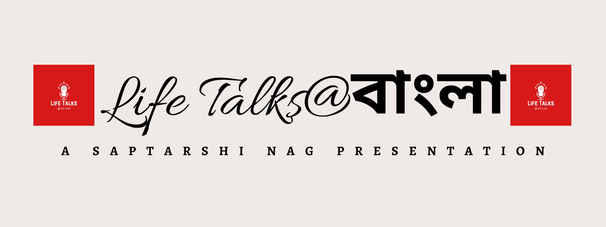
As we make progress in collecting new words, it is also essential to learn new phrases. By definition, phrases are a small group of words standing together as a conceptual unit, typically forming a component of a clause. A number of phrases can be used for multiple occasions. It is therefore recommended that you learn the phrases along with the new words as you have already been doing. At times, during a conversation, you may use a sentence which is grammatically absolutely correct but there is an alternative phrase for it which is used by the native speaker and is much easier to use or pronounce. For example, you can take the pain of saying, ” Hello, how are you feeling today?” or you can simply say ” Hey, what’s up?”. This way, phrases make conversations easier. Below is a list of the most commonly used phrases and their different uses.
- Thank you so much. Usage: for the gift…for sending the address…for the wake-up call.
- Good Morning. Usage: Have a nice day…Hope you slept well…How have you been?
- Good Afternoon: Usage: How have you been?… How has been the day so far?
- Excuse me: Usage: you dropped your pen…do you know what time it is?
- I’m sorry. Usage: for being late…I forgot to tell you that…I could not hear you.
- Never mind: Usage: this happens regularly…you gave it a try…you did your best.
- Could you please: Usage: talk a bit louder?…repeat the sentence…explain it to me.
- How can I help you?- This is one of the most widely used phrases, especially in the hospitality or consumer services industry.
Now there are certain situational phrases very commonly used in spoken English.
- For introducing: Meet my friend Tom. This is Rebecca, my friend. And here is Virat, my buddy.
- For making understand: Suppose, this is the total area. Suppose, you are in that situation.
- For starting a conversation: Hello, how are you? or Hello, how has been the day for you? (Formal) or Hey, what’s up? (Informal)
- Bringing a conversation to an end: It’s time for me to go or It’s almost 8 PM. I really need to go.
- For ending a conversation: It was really great talking to you. See you soon. (Formal). Catch you later! (Informal)
- Wishing luck: Best of luck, dear John or Good luck, boys.
- Asking for help: Could you please tell me where is the bank? or, Excuse me, could you please take a snap of us?
- Expressing gratitude: Thank you so much for your help, I really appreciate it.
- Giving assurance: I really appreciate your concern, but please don’t worry. I’ll manage it alone.
- Starting friendship: Hi, this is Ajay. Can we be friends?
Now your tas for the days are to do an imaginary conversation in front of the mirror on the following situations
- You are at the airport desk for check-in. Converse with the desk staff.
- You are meeting an old friend after a long time.
- You have lost direction in a small town in Europe. Now, ask for help from a local person.
- Converse with your friend regarding the recent hike in taxes by the Government.
- Order food at a restaurant after knowing details of their specialties.
- Converse over the phone with your regarding a movie you both have recently watched.
Do not forget to read the previous chapters available on this website.
To be continued…
The books I recommend for mastering Spoken English are enlisted below with their Amazon links
- Speak Better Write Better by Norman Lewis- https://amzn.to/2K3hbPs
- Think English Speak English by Julia Northbrook- https://amzn.to/2YdCYwz
- Word Power Made Easy by Norman Lewis-https://amzn.to/2GxDFFZ
- English Conversation Practice by Grant Taylor- https://amzn.to/319L3j3









